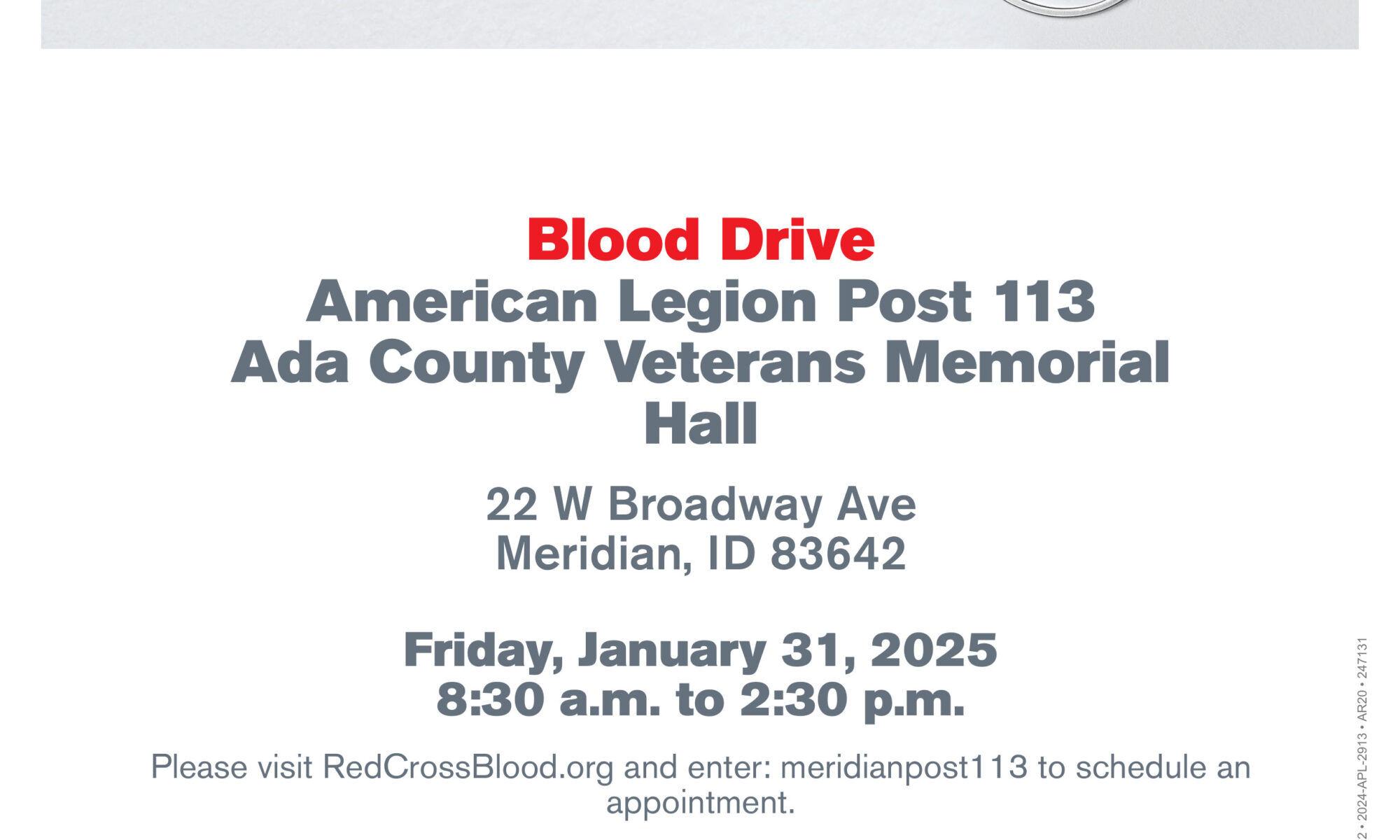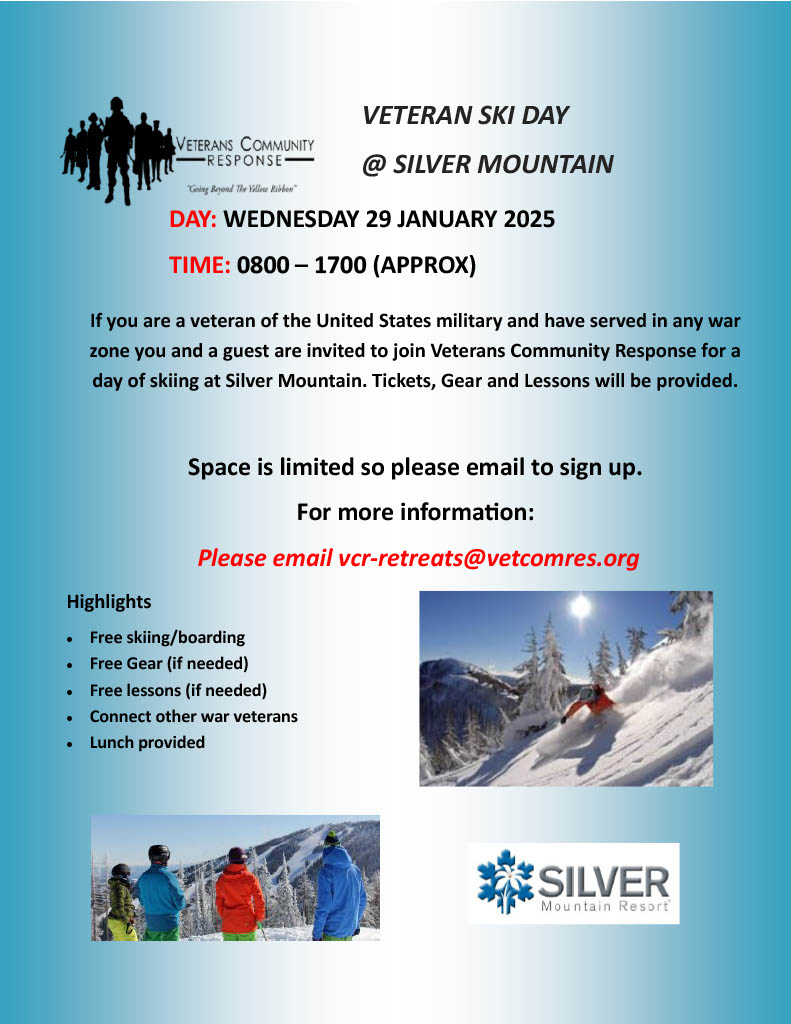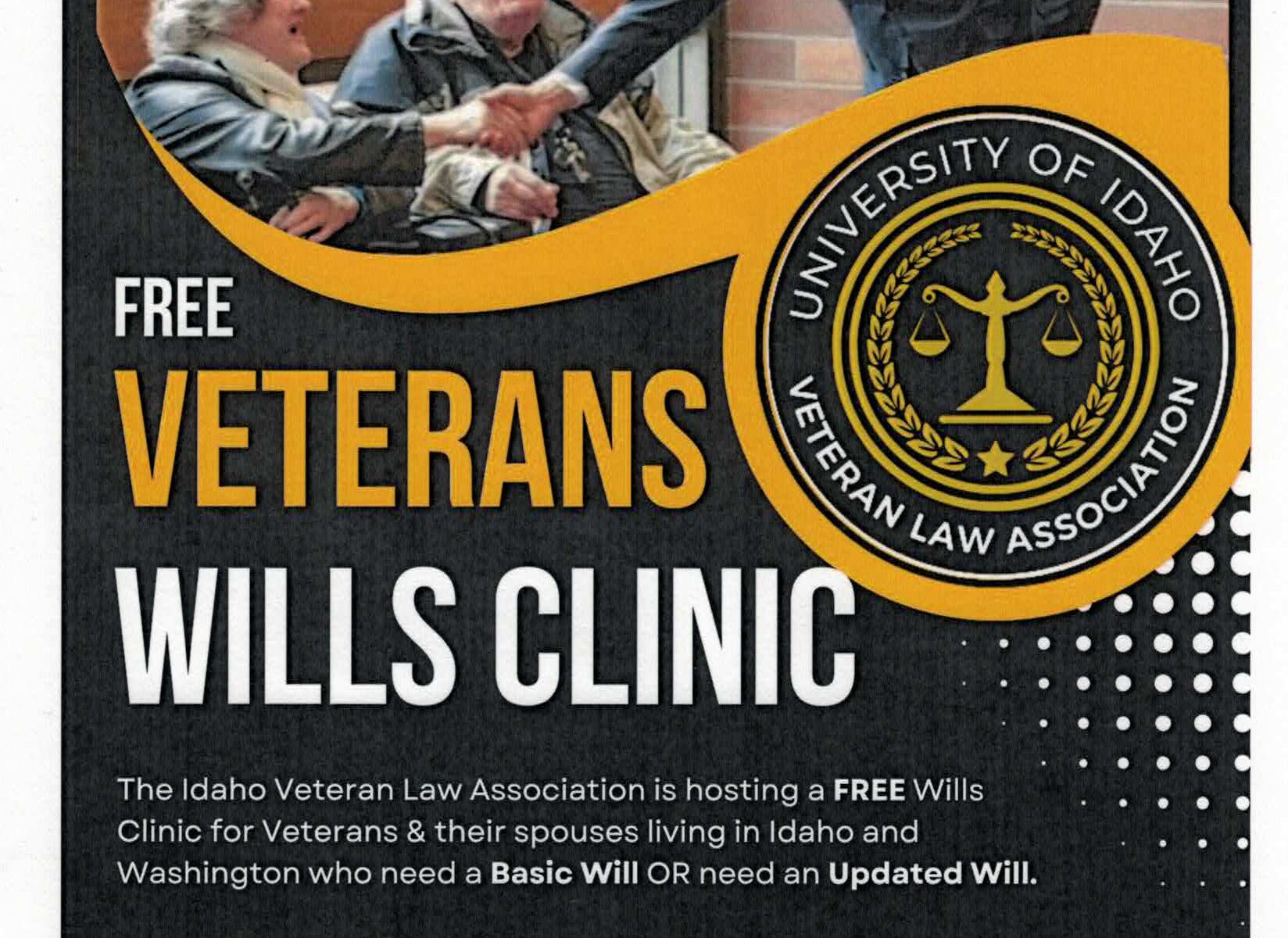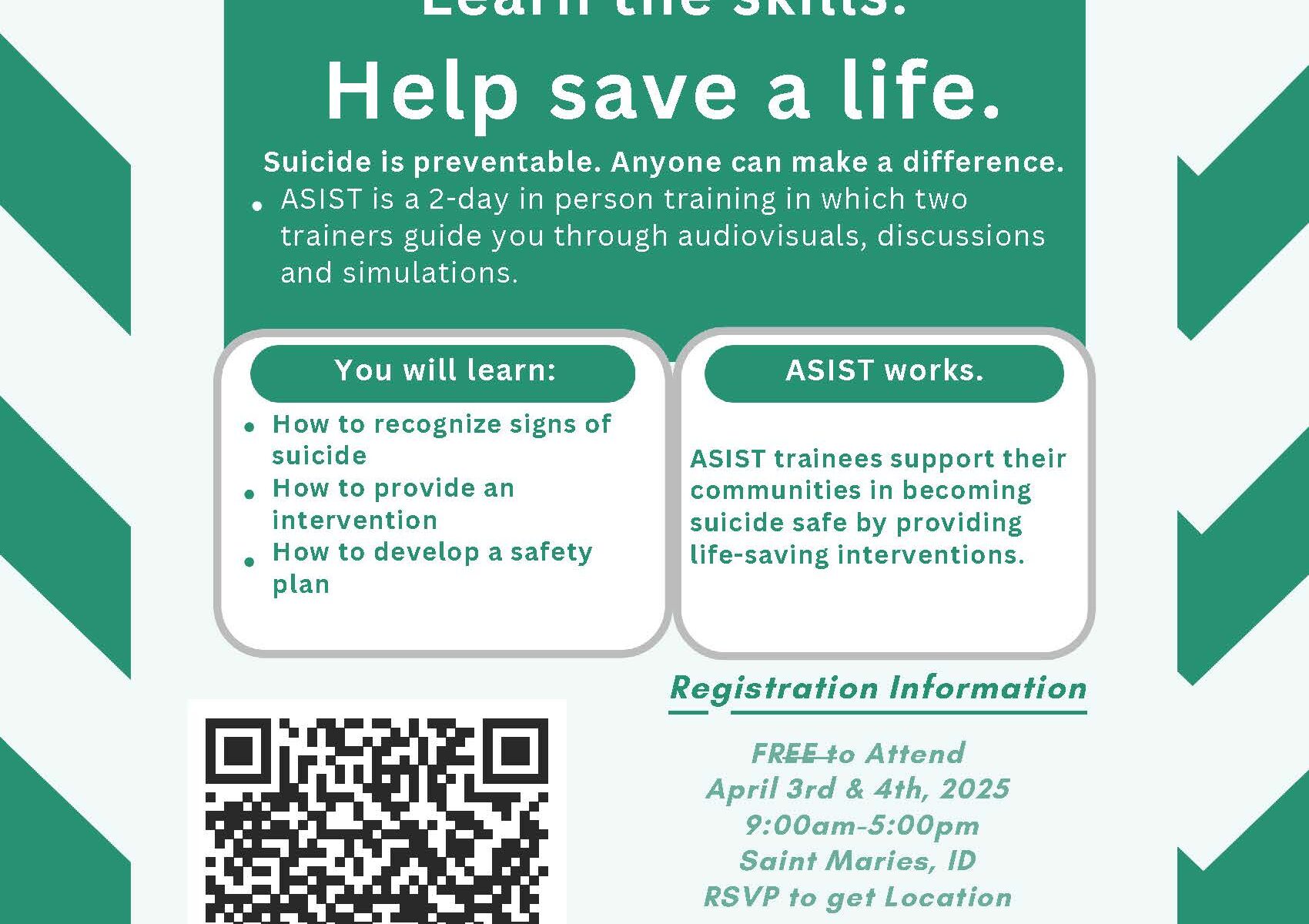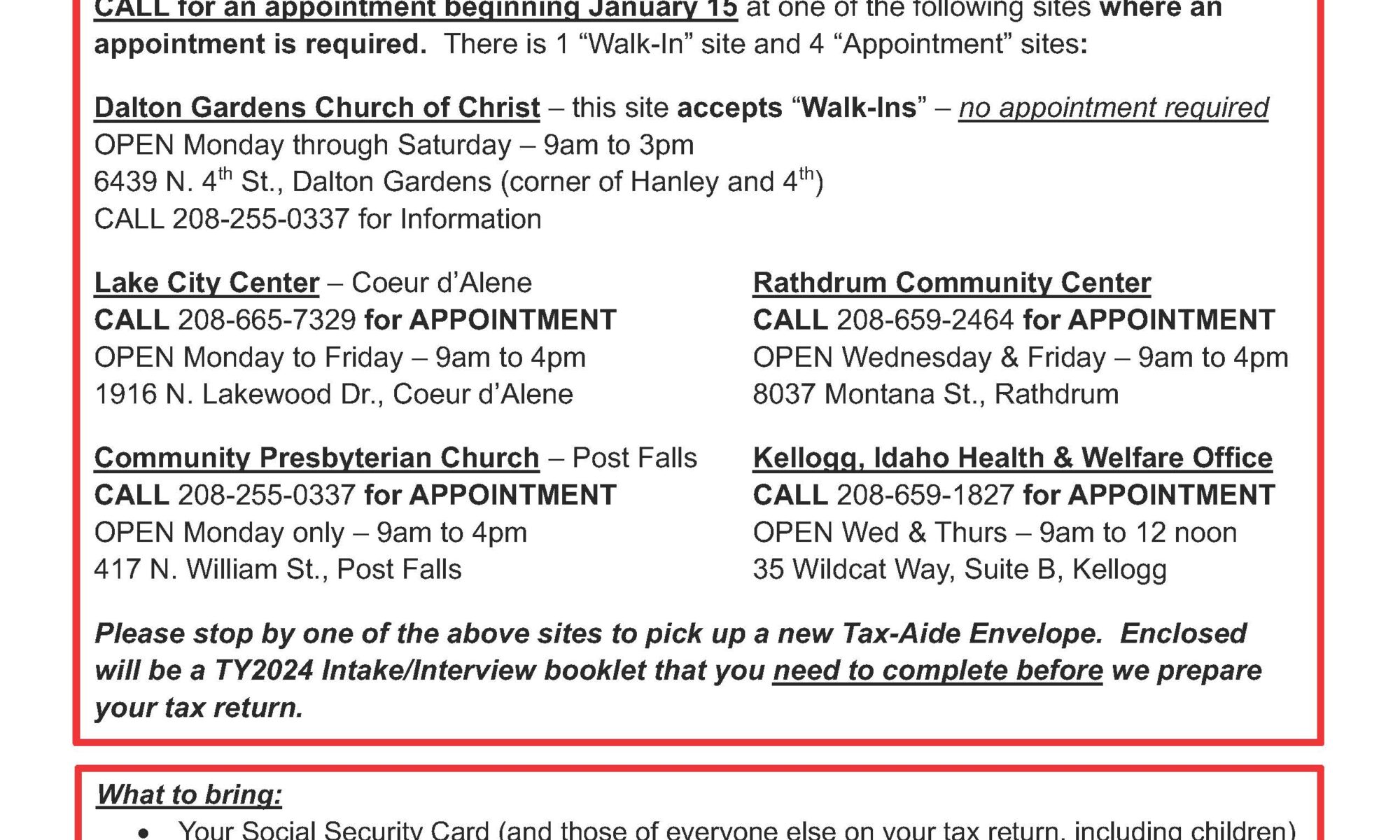Help Save Lives – Join the January 2025 Blood Drive in Meridian, ID
Why Donate Blood?
Did you know that one blood donation can save up to three lives? The American Red Cross is hosting a Blood Drive in Meridian, Idaho, and your donation can make a difference. Hospitals and emergency rooms always need blood, and by giving just a little of your time, you can help patients in need.
Join us at the American Legion Post 113 for this important event!
Event Details
📅 Date: Friday, January 31, 2025
🕢 Time: 8:30 AM – 2:30 PM
📍 Location: Ada County Veterans Memorial Hall
📌 Address: 22 W Broadway Ave, Meridian, ID 83642
💉 Bonus! Donate between Jan. 27 and Feb. 28, 2025, and receive a $15 e-gift card as a thank-you!
How to Sign Up
Signing up is easy!
1️⃣ Visit: RedCrossBlood.org
2️⃣ Enter Code: meridianpost113
3️⃣ Choose a Time Slot that works for you.
🚀 Save time on donation day! Use RapidPass® to pre-fill your health history before you arrive. Scan the QR code on the flyer or visit the website to get started.
Who Can Donate?
✅ Most healthy individuals aged 17+ (or 16 with parental consent)
✅ Weigh at least 110 lbs
✅ Feeling well on donation day
Even if you can’t donate, you can still help by spreading the word!
Why Your Donation Matters
🏥 Emergency Patients: Blood is needed every 2 seconds in the U.S. for accidents, surgeries, and medical conditions.
❤️ Cancer Patients: Many cancer treatments require regular blood transfusions.
🚑 Disaster Relief: The Red Cross supplies blood nationwide, ensuring it’s available in critical moments.
Make an Impact – Donate Today!
📢 Your donation could be the difference between life and death for someone in need.
⏳ Spots fill up fast – schedule your appointment today!
For questions, call **1-800
-RED CROSS** (1-800-733-2767) or visit RedCrossBlood.org.
📍 Event Location: Ada County Veterans Memorial Hall, 22 W Broadway Ave, Meridian, ID 83642
📅 Date: January 31, 2025
🕘 Time: 8:30 AM – 2:30 PM

